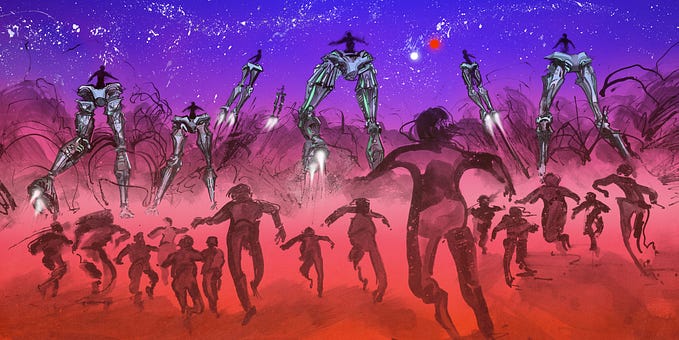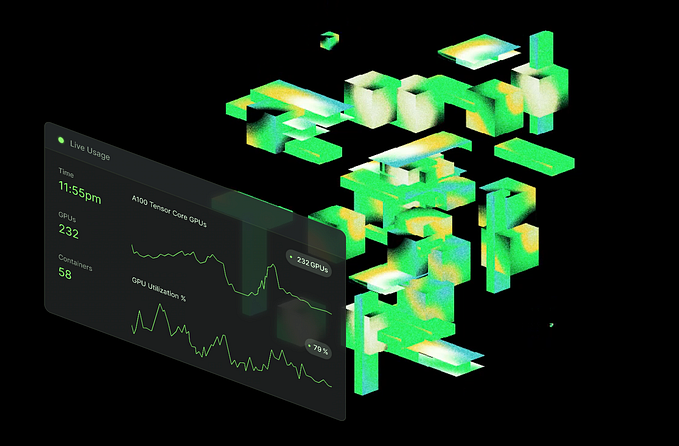Member-only story
The Best Reason for Your City to Ban Facial Recognition
The technology isn’t ready. Society isn’t ready. And the law isn’t ready.

This week, San Francisco became the first major U.S. city to bar itself from using facial recognition systems. The city’s Board of Supervisors voted 8–1 on Tuesday to prohibit the police and other public agencies — though not private companies — from using the emerging technology in any form as part of a larger bill to regulate broader surveillance efforts.
Some cheered the move as a victory for privacy and civil liberties. Some criticized it as a blow to law enforcement and public safety. And cynics dismissed it as an empty gesture, given that San Francisco wasn’t using facial recognition technology in the first place.
We’re not prepared as a society to ensure that facial recognition will be used responsibly and without discriminatory effects.
But you don’t have to be a hippie or a Luddite to see the logic in a ban like San Francisco’s. It makes sense even if the effect is nil in the short term, and even if you think facial recognition could be a valuable tool in the long term. The logic is simple: We’re not ready for it.
We’re not prepared as a society to ensure that facial recognition will be used responsibly and without discriminatory effects. We’re not prepared as individuals for a world in which we can be automatically tracked and identified wherever we go without our knowledge or consent.
Even if we were ready, the technology itself isn’t: Experts both inside and outside the technology industry acknowledge that the artificial intelligence underlying facial recognition systems still struggles with accuracy, particularly when it comes to identifying the faces of people of color — which is to say, the people who are most likely to be affected by it. In a test last year by the ACLU, Amazon’s facial recognition software falsely matched the faces of 28 members of U.S. Congress to the mug shots of people who had been arrested. The mismatches disproportionately affected representatives of color.
Perhaps most important, our governments and law enforcement agencies are not…









